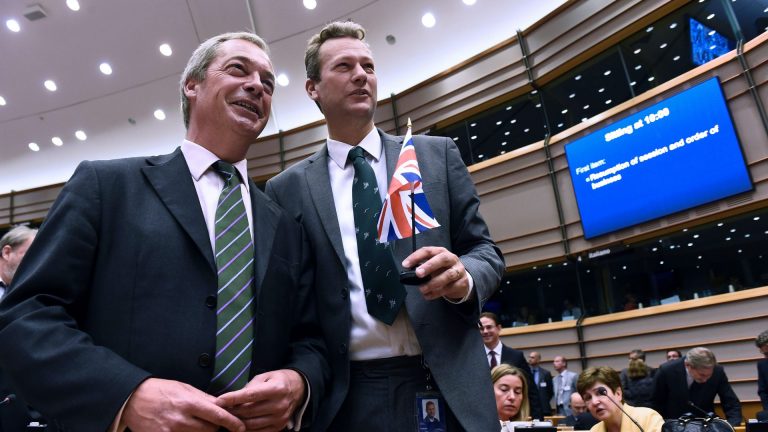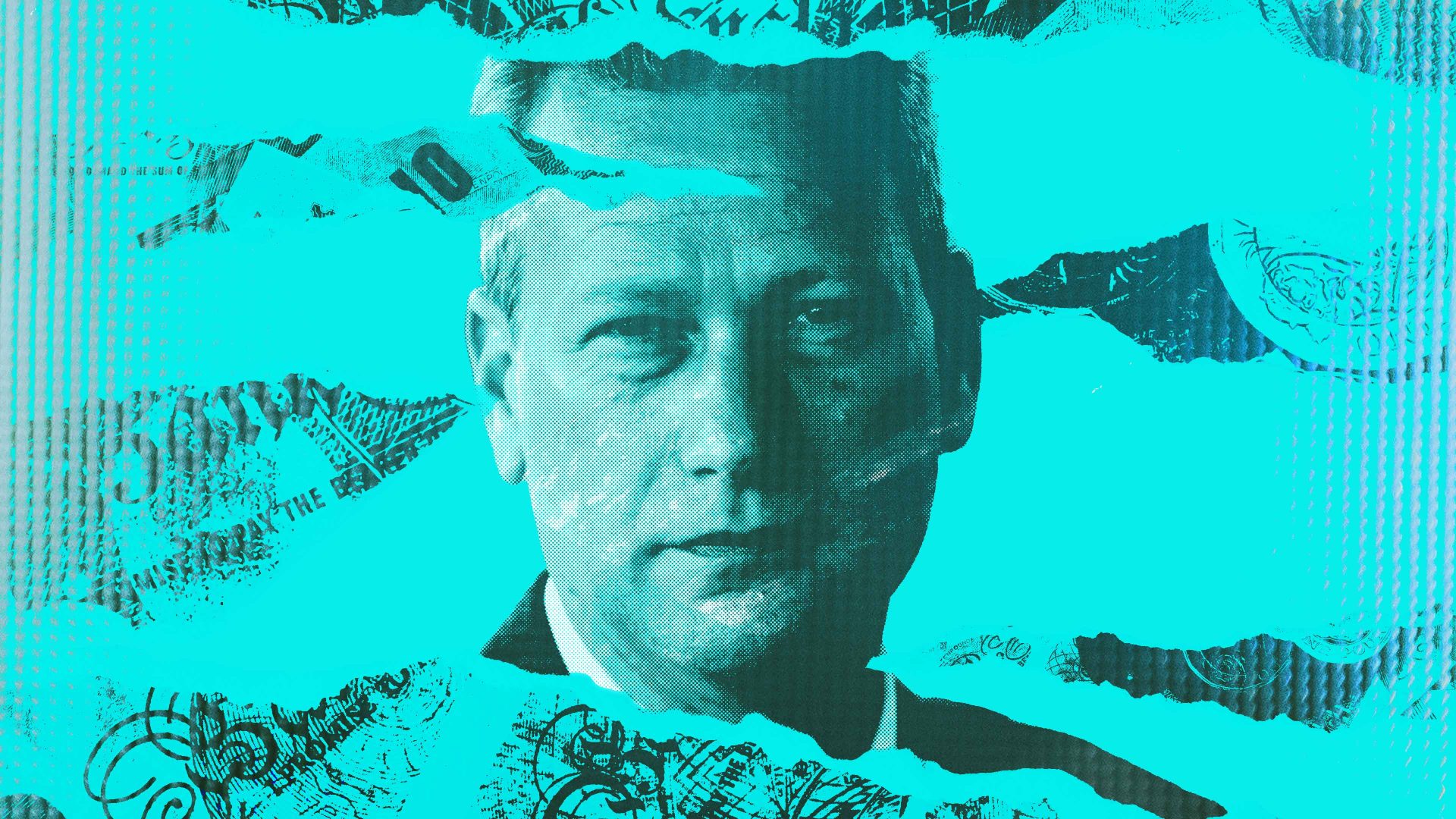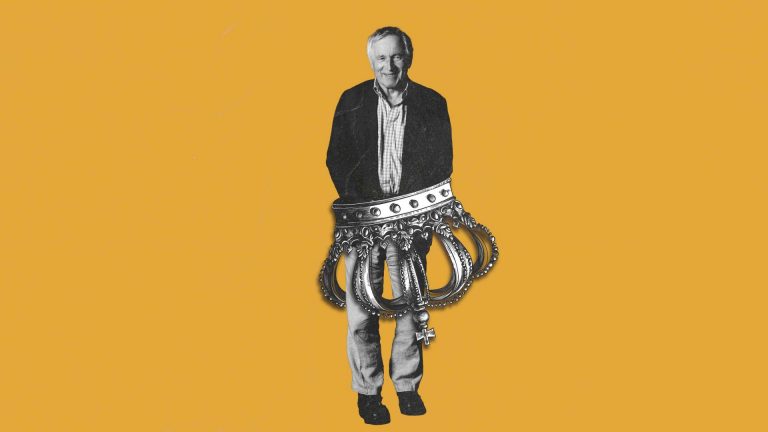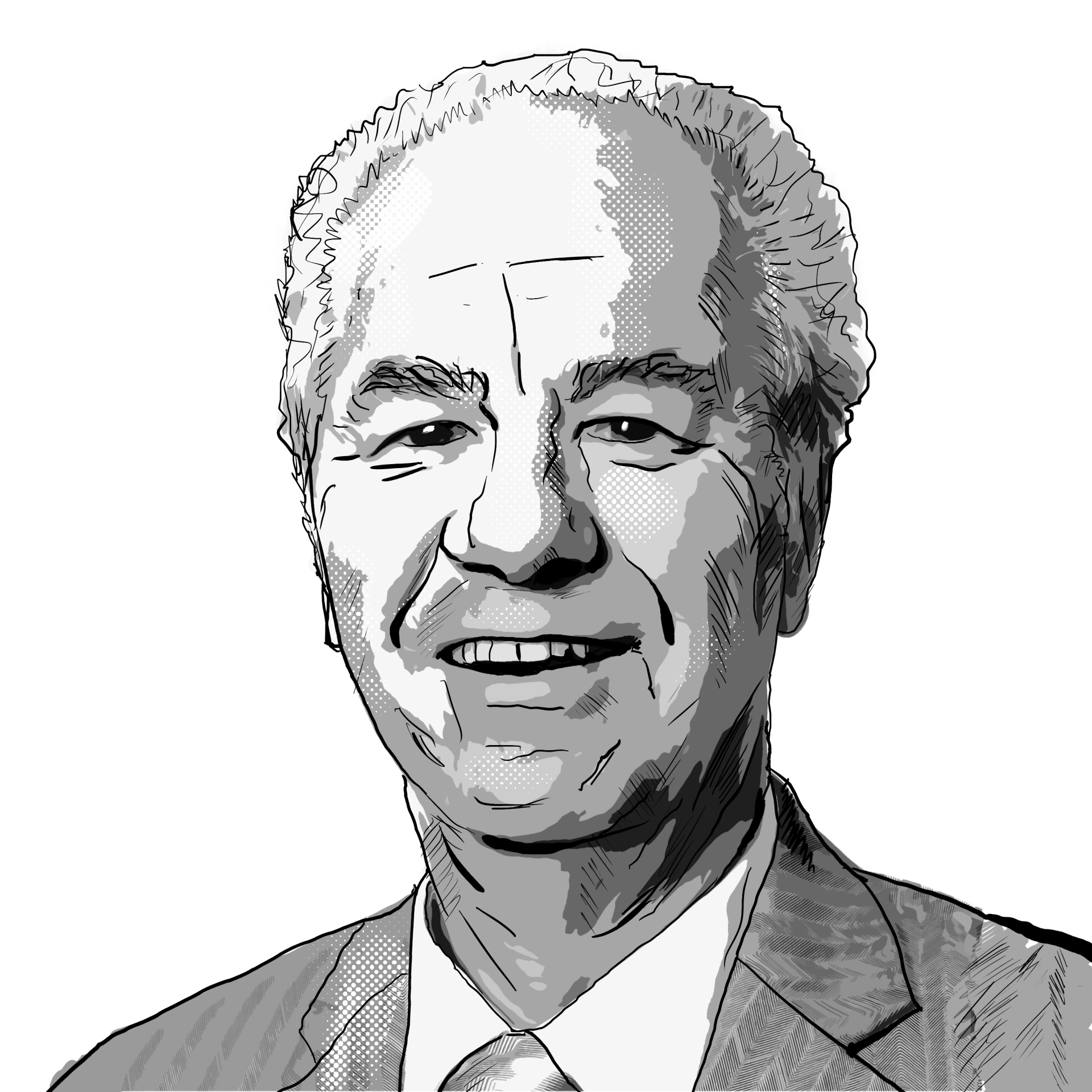At the Old Bailey on Friday, Nathan Gill – former leader of Reform UK in Wales and a long-term associate of Nigel Farage – was jailed for 10 and a half years after pleading guilty to taking bribes to make statements in favour of Russia while being a member of the European Parliament. He was told by Justice Cheema-Grubb: “Allowing money to corrupt your moral compass constitutes a grave betrayal of the electorate… the corrosive damage to public life by such actions is enduring.”
Gill, who followed Farage from Ukip to the Brexit Party and Reform and was called by him “an honest, decent man”, had become what Russian law designates as a “foreign agent” – someone who takes funding from overseas in exchange for political activities.
Gill was recruited by Oleg Voloshyn, a Ukrainian politician working for Russian intelligence, according to US sanctions documents. Voloshyn was described by Justice Cheema-Grubb as a personal friend of Vladimir Putin.
All this is now well known. What is more interesting is to ask: why did Nathan Gill do it?
When the CIA makes an assessment of whether someone is likely to want to spy for them, to risk everything and betray their country in order to pass secrets to America, they talk about “MICE”. This refers to the factors that lead people to make such a momentous, possibly life-threatening decision, namely: Money, Ideology, Compromise and Ego.
Gill is not a spy, but analysing MICE factors in relation to him starts to tell us what might have led him to work for Moscow. To get to the bottom of this story, we need to go from the Old Bailey to another, less celebrated courthouse.
Llangefni County Court is a single-story stone building in a small town on Anglesey. It was shut down in 2017 and remains unused to this day, in spite of hopeful proposals to turn it into a luxury cinema.
But it was here, back in 2008, that Gill presented himself before district judge Jones-Evans to hear the winding-up order for his company Burgill Limited, which had collapsed with debts of £116,000. It is easy to imagine that Gill, a father of five children, found himself in significant financial difficulties.
In this, the non-spy shares some characteristics with many famous spies. Aldrich Ames, a former CIA officer currently serving a life sentence for passing secrets to Russia, was paid millions by the KGB for his efforts.
Ames had an expensive lifestyle, an alcohol addiction and a glamorous spendthrift second wife. He was desperate for money and spying was his way out.
Unlike Ames, Gill was not living the high life: he was a committed, teetotal Mormon. In a 2016 interview, he admitted that many of his Ukip colleagues thought his “clean” lifestyle was “quite bizarre”.
In that sense, he reminds us of Robert Hanssen, a former FBI agent who had spied for Russian intelligence, again in return for millions of dollars and who died in an American jail in 2023. He was a father of six and a devout Catholic member of Opus Dei, attending Latin mass daily.
In both of Gill and Hanssen’s cases, the MICE assessment points to someone struggling with a comparative lack of material success and finding that a strong religious faith was a form of succour. Perhaps both believed that their actions were mitigated by a moral superiority afforded them by strict religious practice, clearly an egotistical motivation.
The MICE framework teaches us not to assume only one factor is in play. Money may have been one of the things motivating Gill, with his large family and history of failed business. But as someone who merely made speeches and arranged meetings promoting Russia rather than actively spying on behalf of it, the sums he received were not in the millions, merely the tens of thousands of pounds, according to reports.
There must be more that explains his choice. One significant issue is the fact that he was moving in ideological circles that found themselves in frequent alignment with Moscow. In 2014, the year Gill became a Ukip MEP, his party leader and friend Farage said in an interview that Vladimir Putin was the international leader he admired the most.
While he has sought to distance himself from Gill since the spying revelations emerged and denies having any knowledge of them, Farage himself took money from Russia in the form of appearance fees from the Russia Today channel, an arm of the Russian state broadcaster.
Indeed, the Reform UK leader’s relationship with Russia remains something of an enigma. In 2013 he was photographed meeting the Russian ambassador to the UK, something he later denied had happened.
Meetings were held between the Russian ambassador and Farage’s close ally Arron Banks. And even this year, Richard Tice, Reform UK deputy leader, was a guest at the turreted Mediterranean villa of the former deputy finance minister of Russia, Vladimir Chernukhin.
Suggested Reading


Nathan Gill: a scandal with no outrage
We have already mentioned Oleg Voloshyn as Gill’s recruiter. Voloshyn’s wife, Nadia Sass, a journalist with a pro-Russian propaganda channel, was photographed with Farage at the same time as Gill was receiving money for giving pro-Russian statements.
Farage has defended himself, pointing out that he has been photographed with thousands of people and has no relationship with either Sass or Voloshyn.
Be that as it may, Farage’s admiration for Putin reflects some ideological shared territory, such as a belief in Brexit and a suspicion of the EU. It is widely accepted that Brexit weakened the EU and was advantageous to Moscow: indeed I was told this by senior Scandinavian intelligence analysts shortly after the vote.
Some of Putin’s key talking points have been parroted by Farage, such as his assertion that the West “provoked” Putin into action against Ukraine by expanding Nato and the EU eastward. Similar arguments have been advanced by several of Farage’s political colleagues, although there is no evidence that any of them took Russian money to do so, as was the case with Gill.
But these ideological touch-points aren’t just about geopolitics. They are arguably more important in the context of culture.
Let’s go back to Gill’s strict Mormonism. His church does not approve of homosexuality and supports traditional patriarchal families.
In this, he is aligned with Putin, who has argued that same-sex marriage is a form of western decadence that threatens traditional Russian values, and who believes that women’s first duty is to bear children.
The appeal of Russia’s social conservatism to the radical right is well documented: as Steve Bannon said, “Putin ain’t woke. He is anti-woke.” In a similar vein, Tucker Carlson observed of Putin, “it’s refreshing to see a leader who’s willing to push back against the [woke] ideology that’s dominating our institutions.”
This ideological enthusiasm for Putin is found in other radical right movements in Europe. Marine Le Pen remarked, “Russia under Putin remains one of the last bastions of traditional values in the face of a liberalism that is losing its way.”
Viktor Orbán said, “in the battle against liberalism, we find common cause with Russia. We stand for a Europe that values its roots.”
A common theme here is the idea that Putin’s Russia, depicting itself as a Christian country, is “threatened” by Muslim immigrants. This is a message that is wearily familiar to anyone who has listened to right wing politicians in recent years, whether British, French, Italian or Dutch.
What this MICE analysis shows is that Gill had numerous vulnerabilities as a potential Russian agent. The fact that he did not need to be paid very much might be evidence that he was fairly easily recruited. After all, he is a member of a political movement that has been loosely aligned with Moscow for years.
We shouldn’t be surprised if there are others like Gill, secretly working for Moscow. Whether our government will thoroughly investigate such connections is another question.










